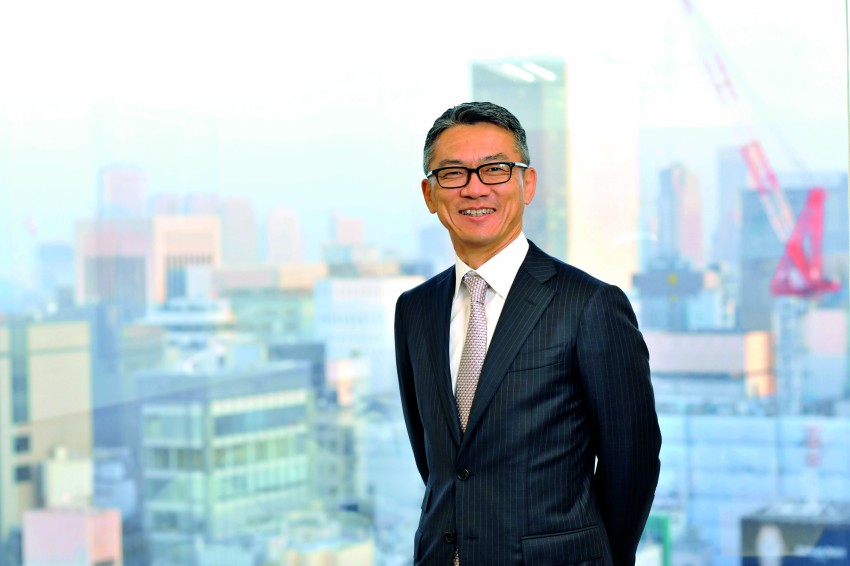As the global construction market continues to increase in value, with Asian economies deploying massive infrastructure projects, Kirii Construction Materials has adapted its product offering to target Asian countries.

With the global construction market expected to continue to grow healthily over the next decade as international demand for new buildings refuses to let up, one Japanese company is planning to capitalize, bringing its highquality metal construction materials to the global market.
As Japan’s construction industry is conversely impacted by the country’s declining workforce, Kirii Construction Materials is eyeing up the neighboring Asia Pacific market for its international expansion efforts, with the region forecasted to be a key driver of the global market’s overall growth.
“We plan to continue our global effort and aim to increase our exports to Hong Kong in particular,” explains Takashi Kirii, President of Kirii Construction Materials, which is one of Japan’s largest manufacturers of metal materials for the construction industry.
“As we expanded our business beyond the national frontier, we real- ized that exporting to international markets the same product we sell in Japan was difficult. Consequently, we began designing products tuned to the Asian market, and adapted to local demands.”
Thanks to these efforts, today 50% of the products Kirii sells – such as light steel keels, metal ceilings, and other nonmetal goods like gypsum plaster boards – are imported overseas. And it’s not just products that Kirii has needed to adapt, but the company’s procedures too.
“We’ve learnt to develop our skills in other production processes. In Japan for example, furring in walls and ceilings are in high demand. In Asia however, the most demanded products are metal panels.
To expand, we have had to adapt, learn and master a new set of skills tailored to global trends,” says Mr. Kirii.
“As the Asian market is over one hundred times bigger than the Japanese one, we were quick to realize the potential metal panels represented. Furthermore, we analyzed that there was a gap in supply. On the one hand, various Asian manufacturers were offering bad quality metal panels for cheap prices. On the other hand, Europeans countries provided high-quality items with high prices. After we spotted that gap, we began manufacturing good quality and fair-priced metal panels, and experienced quick growth.”
0 COMMENTS